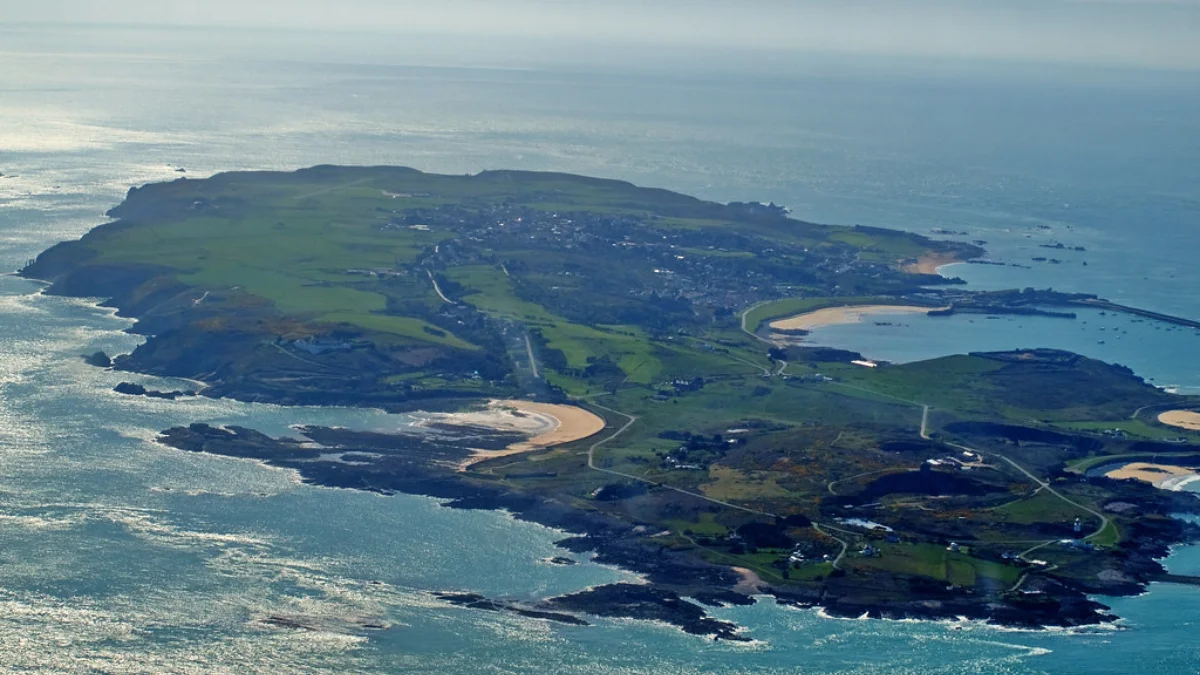Facts About Alderney
- Alderney is the third-largest of the Channel Islands, covering an area of approximately 3 square miles.
- Alderney has its government, the State of Alderney, which has authority over certain domestic matters. However, foreign affairs and defence are the responsibility of the British Crown.
- As of March 2021, the island was inhabited by 2,141 residents, making it one of the less densely populated Channel Islands.
- Traditionally, the natives are affectionately referred to as “vaques,” a nickname inspired by the cows, or “lapins,” owing to the abundant rabbit population on the island. Formally, they are recognized as “Ridunians,” a name derived from the Latin term “Riduna.”
- Alderney has several lighthouses, such as the Alderney Lighthouse, which serve as important navigational aids for ships passing through the English Channel.
- During World War II, Alderney was occupied by German forces, and several fortifications and bunkers from that era can still be seen on the island.
- The island’s highest elevation can be found on its central plateau, reaching an altitude of 296 feet.
- The primary language spoken on the island is English, with a few regional nuances that make up a variety of Channel Island English. In the past, French was extensively used on the island and gradually supplanted Auregnais from the late 19th century onward. However, French lost its status as an official language on the island in 1966.
- The crime novel “A Line To Kill,” penned by Anthony Horowitz in 2021, is set against the backdrop of a literary festival hosted on the island of Alderney.
- The island features an array of Victorian-era forts and defences, such as Fort Clonque and Fort Albert, which were built as part of Britain’s coastal defence strategy.


